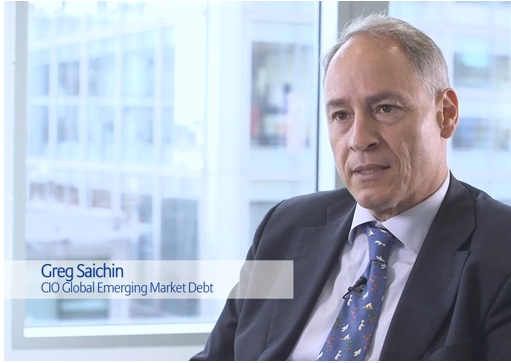Is this the Road to Normalization? Launching: 2015 Market Assumptions
| By Fórmate a Fondo | 0 Comentarios
The increased market turbulence in the last couple of weeks is driving investors to question if they should be repositioning their investment portfolios, whether the current volatility is a new normal, and what will happen to different asset classes as interest rates start to rise and inflation moves further up the agenda.
Now in its nineteenth year, the newly launched 2015 Long Term Capital Market Return Assumptions by J.P. Morgan Asset Management aims to help investors answer these burning questions and navigate the increasingly complex investment universe.
Anthony Werley, Chief Portfolio Strategist in J.P. Morgan Asset Management’s Endowments and Foundations Group, and one of the leading authors of the paper, said, “It has been six years since the end of the great recession and we are certainly on the road to normalization. In general, due to continued headwinds, we believe that diversification across geographies and asset classes will be rewarded in the longer term.”
He continued, “Globally, we see decoupling continuing as the eurozone and Japan actively pursue easier monetary policies and the monetary policy cycle turns in the UK and US. In the US, we believe growth will be constrained compared to prior cycles and that inflation will remain range bound. In addition, long-term nominal return expectations for US treasuries, corporate bonds and equities are more subdued and the implied risk premia arguably offers limited protection against any missteps in the policy normalization process.”
The Assumptions put forward different considerations and opportunities for investors with different objectives, for example:
- Opportunities for investors in search of diversification:
- Use diversified hedge funds as fixed income substitute
- Invest in commodities for their diversification benefit
- Add duration in non-US government bond markets where central banks are easing
- Opportunities for investors in search of higher returns:
- Reconsider the case for emerging markets where valuations are lower and top-line growth is likely to be higher
- Add direct or indirect leverage while funding rates are low
- Invest in less liquid markets such as value-added real estate and private equity
As well as providing vital information to investment decision makers across all types of investors, including pension funds, wealth managers, insurance companies and endowments, the Assumptions also form the investment principles around J.P. Morgan Asset Management’s multi-asset portfolios, which include defined contribution target date funds, multi-asset income funds and tailored strategies within the Solutions Group.
Please click here to view the full report.




